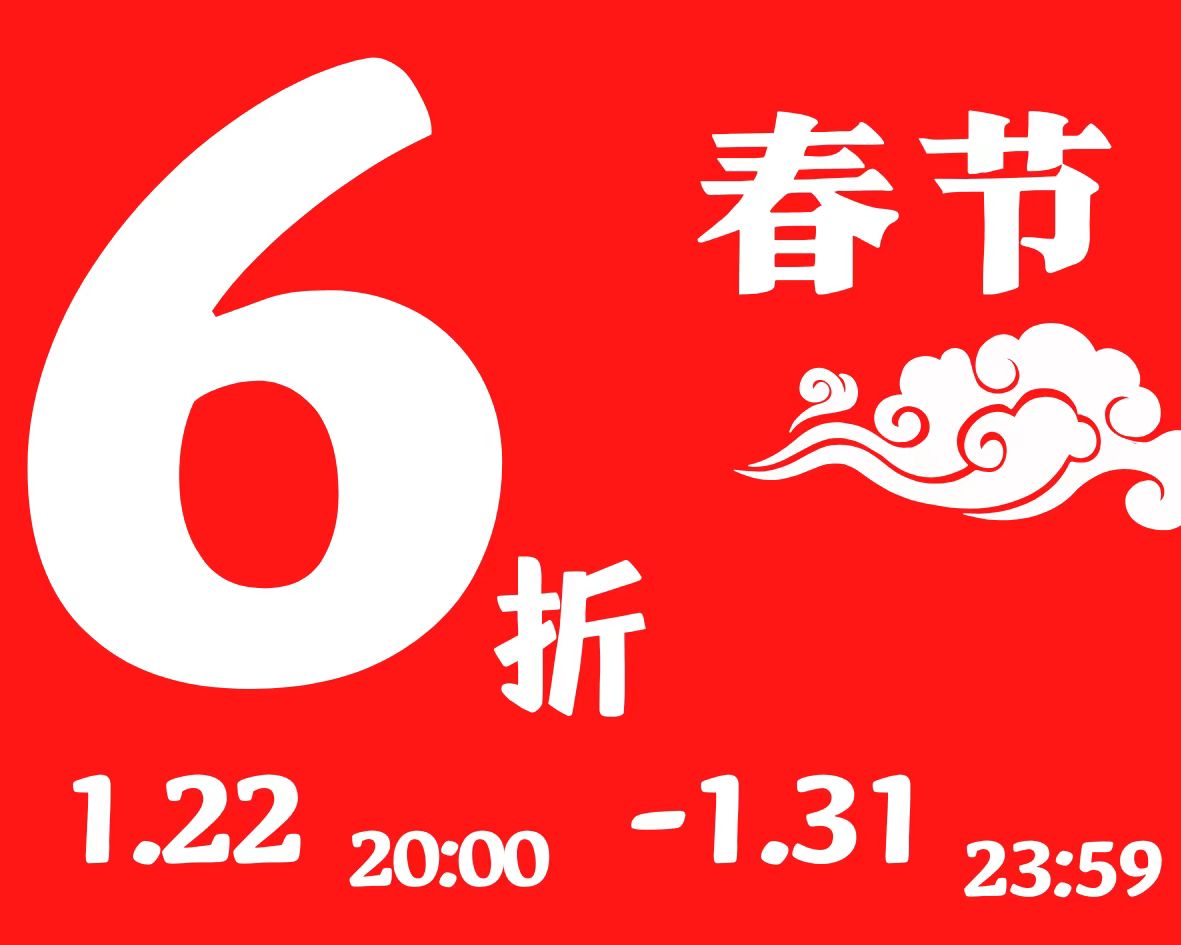题目描述
For some binary string s (i.e. each character si is either ‘0’ or ‘1’), all pairs of consecutive (adjacent) characters were written. In other words, all substrings of length 2 were written. For each pair (substring of length 2), the number of ‘1’ (ones) in it was calculated.
You are given three numbers:
n0 — the number of such pairs of consecutive characters (substrings) where the number of ones equals 0;
n1 — the number of such pairs of consecutive characters (substrings) where the number of ones equals 1;
n2 — the number of such pairs of consecutive characters (substrings) where the number of ones equals 2.
For example, for the string s=”1110011110”, the following substrings would be written: “11”, “11”, “10”, “00”, “01”, “11”, “11”, “11”, “10”. Thus, n0=1, n1=3, n2=5.
Your task is to restore any suitable binary string s from the given values n0,n1,n2. It is guaranteed that at least one of the numbers n0,n1,n2 is greater than 0. Also, it is guaranteed that a solution exists.
Input
The first line contains an integer t (1≤t≤1000) — the number of test cases in the input. Then test cases follow.
Each test case consists of one line which contains three integers n0,n1,n2 (0≤n0,n1,n2≤100; n0+n1+n2>0). It is guaranteed that the answer for given n0,n1,n2 exists.
Output
Print t lines. Each of the lines should contain a binary string corresponding to a test case. If there are several possible solutions, print any of them.
样例
7
1 3 5
1 1 1
3 9 3
0 1 0
3 1 2
0 0 3
2 0 0
1110011110
0011
0110001100101011
10
0000111
1111
000
这道题的思路就是构造一个符合条件的01串 有个点 当n1等于0时候一定会有 n0 和 n2 其中一个等于0
#include<bits/stdc++.h>
using namespace std;
int main()
{
ios::sync_with_stdio(false);
cin.tie(0);cout.tie(0);
int t;
cin>>t;
while(t--)
{
int n0,n1,n2;
cin>>n0>>n1>>n2;
if(n1==0)
{
if(n0)
{
for(int i=1;i<=n0+1;i++)
cout<<0;
cout<<endl;
}
else{
for(int i=1;i<=n2+1;i++)
cout<<1;
cout<<endl;
}
}
else{
for(int i=1;i<=n0+1;i++)
cout<<0;
n1--;
for(int i=1;i<=n2+1;i++)
cout<<1;
for(int i=1;i<=n1;i++)
{
if(i&1) cout<<0;
else cout<<1;
}
cout<<endl;
}
}
return 0;
}

